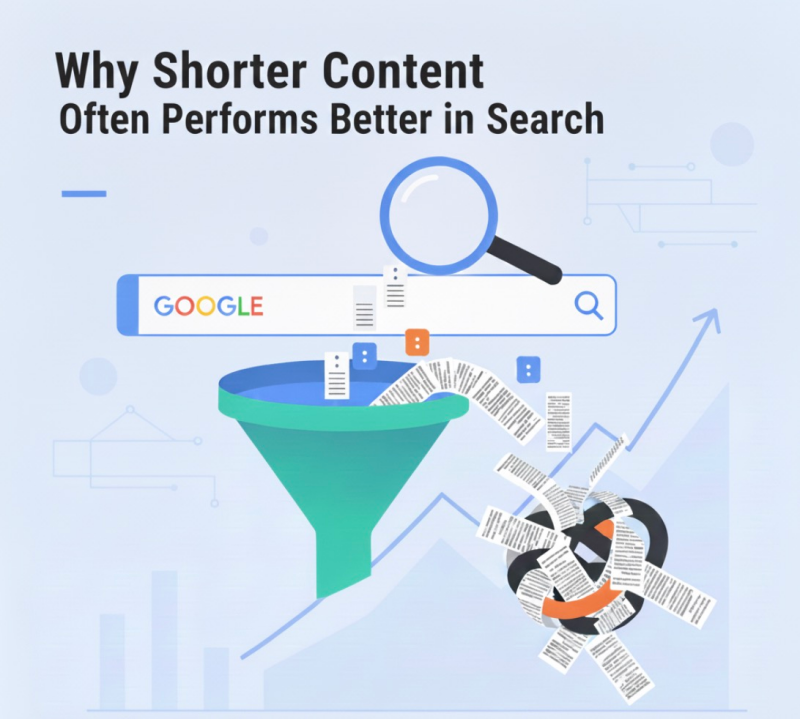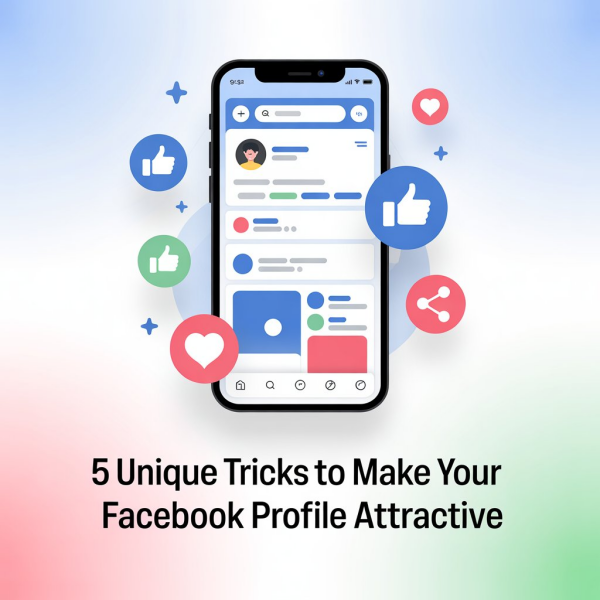Buy it in ChatGPT: The Black Hole That Destroys Independent Commerce
Introduction
When ChatGPT launched its latest features, the news spread quickly across the internet. Many people celebrated the innovation, but for independent merchants and direct to consumer brands, this is not progress. It is a warning. What OpenAI has introduced is not a tool that empowers small businesses. It is a system that traps traffic, centralizes power, and undermines the very foundation of open commerce online. The slogan may sound clever, but when you hear Buy it in ChatGPT, what it really means is the death of independence for sellers and the destruction of the open web.
This article will show why ChatGPT is not the friend of small businesses, but rather the largest black hole ever created in the flow of internet traffic.
GPT as the Black Hole of Online Traffic
Search engines like Google have always acted as distributors. They send users away to millions of websites, spreading opportunities for discovery. ChatGPT takes the opposite approach. It captures the question, generates the answer, and keeps the user inside its own closed world. There is no reason to click away, no chance for a small brand to invite a visitor to their own site.
ChatGPT is not a distributor. It is a black hole. Once traffic enters, it does not come out again.
The Real Meaning of ChatGPT plus Shopify
The collaboration between ChatGPT and Shopify has been presented as a new way for merchants to grow. In reality it is something else entirely. The real target is not to help small Shopify sellers but to position ChatGPT as a competitor to Amazon and Google Shopping. It wants to become the new universal shopping entry point.
The problem is simple. To make itself look like Amazon, ChatGPT reduces Shopify sellers into nothing more than product cards. The individuality of the store disappears. The merchant is no longer an independent brand but a small tile in a giant GPT catalog. That is what Buy it in ChatGPT really means.
Etsy and the Illusion of Partnership
This time OpenAI also pulled Etsy into its orbit. At first this might sound like a strong alliance, but anyone watching Etsy knows that the platform is struggling. Its financial results are weak, its growth has slowed, and many sellers complain about poor support and low quality traffic.
In truth this is not a powerful partnership. It is a weak alliance between a giant traffic engine and a fading marketplace. It is more of a marketing gesture than a genuine benefit for sellers.
Should Independent Merchants Pay GPT
At the core of this new system lies a critical question. Should independent merchants pay ChatGPT for access to traffic. In practice, ChatGPT is nothing more than a giant affiliate, a super sized distributor of product recommendations.
For Shopify sellers, a normal affiliate arrangement means paying around 10 to 15 percent of the order amount as commission. This is the standard across the industry. So how much will ChatGPT charge. If it charges more, sellers lose their already thin profits. If it charges less, it will destroy the balance of the entire affiliate system on the internet. Either way, sellers are trapped.
The merchant pays for an outcome he cannot control, in a system where the rules are hidden. It is not partnership. It is exploitation.
The Black Box and the Bias
One of the most dangerous aspects of ChatGPT commerce is the complete lack of transparency. When you advertise on Google or TikTok, you can at least see impressions, clicks, and conversion rates. You can analyze your audience. You can adjust strategy.
With ChatGPT you see nothing. You have no control over where your products appear. You cannot even be sure if you are in the recommendation flow at all. It is a perfect black box.
Worse, the system is naturally biased toward large brands. Algorithms reward data, and big brands provide more data. Large companies can also afford closer partnerships with OpenAI. Small independent shops are left in the shadows. Just like in search engine optimization where only the first few results matter, in ChatGPT only the chosen products will ever appear. The rest might as well not exist.
The False Fairness of Product Cards
On the surface, the product card design looks fair. Each item is shown in a simple box with a picture, price, and description. Every seller looks equal.
In practice this is fake fairness. Cards eliminate difference. They erase the brand story, the personal design, the unique experience that a small merchant tries so hard to create. Users no longer explore a site to learn about a product. They simply compare prices and pick the cheapest option.
This is the beginning of endless price wars. Innovation disappears. Creativity dies. What survives is only a bland, homogenized market of identical cards.
Shopify Betrays Its Values
For years Shopify has branded itself as the champion of small merchants. It told the world that it was the infrastructure of independence, the platform that allowed anyone to build a business. Now, by partnering with ChatGPT in this way, Shopify is betraying its own values.
Instead of giving merchants freedom, it is handing them over to a closed traffic monopoly. It is not helping them grow. It is forcing them into deeper dependence, both on Shopify and now on ChatGPT.
TikTok Versus OpenAI
Some supporters of this strategy believe that ChatGPT will rival TikTok in commerce. That belief is mistaken. TikTok owns attention. It controls an endless stream of immersive content that keeps users engaged for hours. ChatGPT owns only the question and answer space. That is much weaker.
TikTok can move products because it captures desire and entertainment. ChatGPT only captures curiosity. In terms of conversion, OpenAI cannot defeat TikTok. Yet even if ChatGPT fails to win, it can still inflict deep damage on independent commerce by blocking traffic and redirecting sales into its own system.
The Destruction of Internet Openness
The internet was built on the principle of the open link. You read one site, then click to another, then another. Discovery was endless.
ChatGPT destroys that principle. It is not an open link. It is a closed container. It does not want you to leave. It does not want you to explore. It wants every question, every answer, every product decision to remain inside its box.
This is a betrayal of the most basic value of the internet. If allowed to grow unchecked, it will erase independent websites and crush the open ecosystem that has made the web powerful for decades.
ChatGPT as the DTC Brand Crusher
Direct to consumer brands rose because they told stories. They stood out through unique design, creative marketing, and personal connection. They showed that a small company could compete with giants by building identity and trust.
ChatGPT destroys that model. In a product card there is no story, no design, no identity. There is only a picture, a price, and a few specifications. Every brand is compressed into the same bland format.
The result is the death of differentiation. The DTC movement, which once symbolized creativity and independence, is reduced to nothing more than anonymous stock keeping units on a faceless shelf.
The Collapse of the Advertising Market
There is also a wider danger. If ChatGPT charges more than the usual affiliate rates, sellers will collapse under the weight of fees. If it charges less, it will destroy the entire digital advertising balance by undercutting Google Ads, Meta Ads, and affiliate networks.
Either way the ecosystem is broken. Multiple sources of traffic will disappear. One single funnel will remain. Merchants will lose all power to negotiate. The flow of online attention will belong to a single monopoly.
The Powerlessness of the Seller
At the end of the day, the small seller has no power at all in this system. He cannot choose his product placement. He cannot change the algorithm. He cannot even get basic data.
All he can do is check if his product appears when someone asks ChatGPT a shopping question. If it does, he has a chance to survive. If it does not, he is erased from the market. That is the brutal truth of Buy it in ChatGPT.
The marketing spin says that this is the future of shopping. The reality is that it is the end of independence for merchants and the end of openness for the internet. ChatGPT has created a black hole that swallows traffic, destroys transparency, eliminates creativity, and crushes the spirit of direct to consumer commerce.
What looks like progress is actually regression. What is sold as empowerment is really dependence. What sounds like innovation is in truth exploitation.
For independent merchants the message is clear. Do not be fooled by the promise of opportunity. This system is not built for you. It is built on you. The future is not Buy it in ChatGPT. The future is to resist it, to protect independence, and to fight for an open web that does not hand all power to a single artificial mind.
Rejoignez plus de 200 000 vendeurs en pleine croissance grâce à Kua.ai
Vous pourriez également être intéressé...

How Structured Business Planning Enhances AI-Driven Growth

Why Shorter Content Often Performs Better in Search













